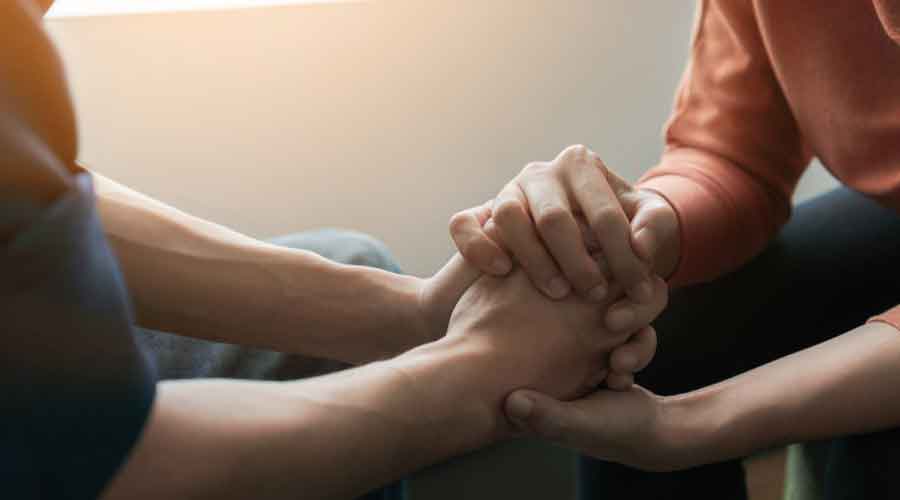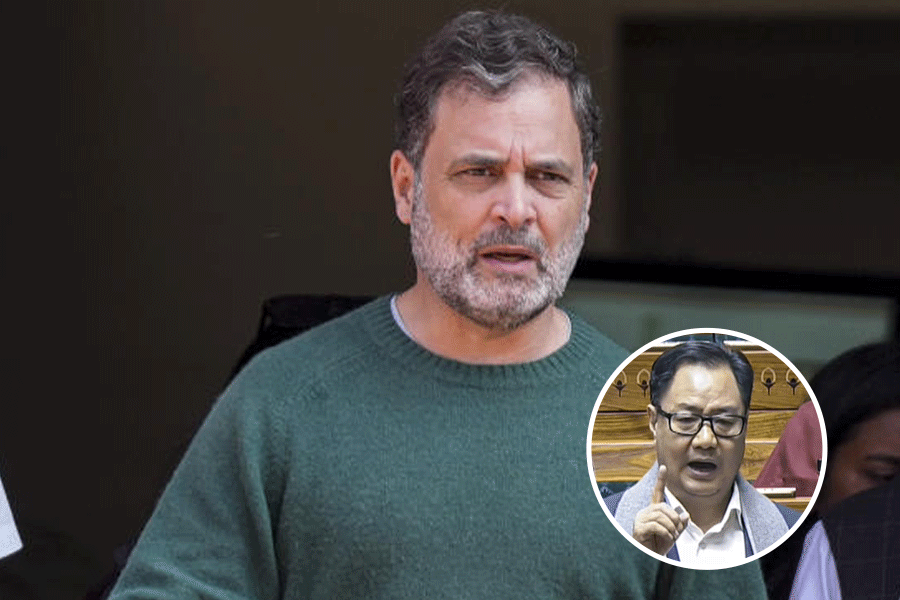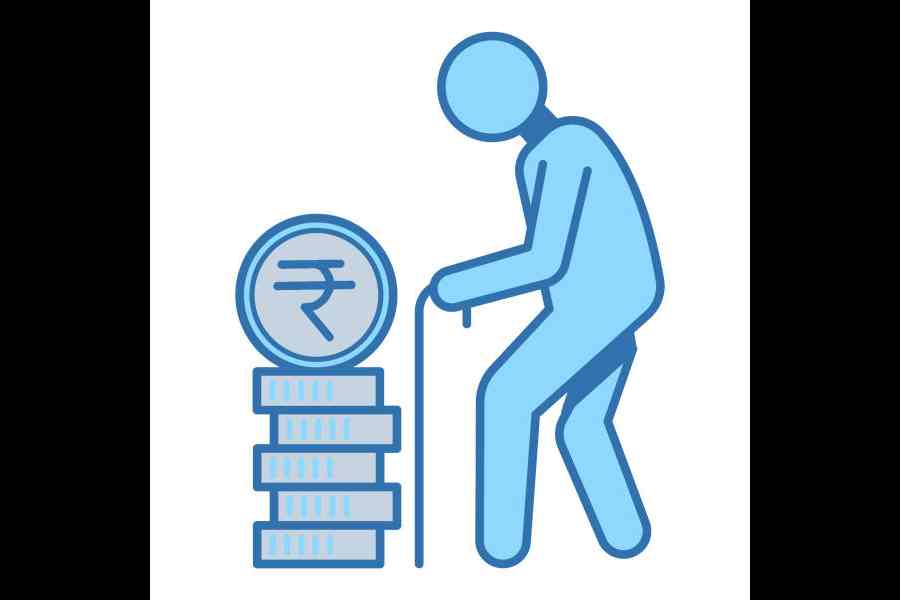The impact of the coronavirus in the form of domestic violence, child abuse, suicides and ostracisation of Covid patients is a cause for concern, mental health professionals said on Monday.
The professionals from Calcutta and New York held an online discussion for an hour in the evening, addressing uncertainty, depression, and suicide attempts and how people have segregated the infected or those working “valiantly” during the pandemic.
One of the panellists pointed out how a Covid patient is stigmatised while another said seeking help for mental health problems was still a taboo.
The US Consulate General Calcutta and NGO Turning Point had organised the webinar on “Minding Our Minds during Covid Times: Redefining Life and Building Mental Strength”.
“The cost of the virus is not limited to the death toll only. The cost of the virus is the negative impact of it in the form of domestic violence, child abuse, and suicidal tendencies. There are some suicides that get reported… there are many other suicide attempts that we don’t get to know about,” Ishita Sanyal, psychologist and founder of Turning Point, said.
Psychiatrist Jai Ranjan Ram termed the pandemic a “black swan event”.
“One of the most unfortunate responses in our country with respect to the pandemic has been the social ostracisation… the segregation… the stigma attached to the pandemic,” he said.
Ram spoke about instances of children not playing with some of their friends in the neighbourhood because their parents are frontline Covid workers.
Doctors have been asked to vacate houses. Nurses have been told not to move back to hostels. During a pandemic “the rational response goes away” and in times of “infective illnesses”, which is lethal, society has responded in a similar way, he said.
“It is a failure of the scientific community because fear has not been resolved through dissemination of scientific knowledge,” Ram later told The Telegraph.
In the midst of anxiety and depression, the silver lining will be a “more open and honest national discussion about anxiety, depression, stress and alienation”, American Center director Monica Shie said. “The trauma, economic insecurity, domestic abuse, including racism, are important
factors that contribute to mental health problems; but the good news is that people suffering from such problems can get relief and many recover through treatment, services and community support systems.”
Lois Holzman, the director and chair-psychotherapy, East Side Institute, New York, said it was worth considering that “our belief that things were stable and certain have been exposed to be a myth”. “Things were never certain.... Not embracing uncertainty makes us very vulnerable and that’s what we are experiencing... really try to do some exercises of some sort to embrace that life is uncertain.”
Social activist and psychotherapist Alokananda Roy said there was a need to fight this “battle together” despite being isolated because each one is “facing the same situation”.










